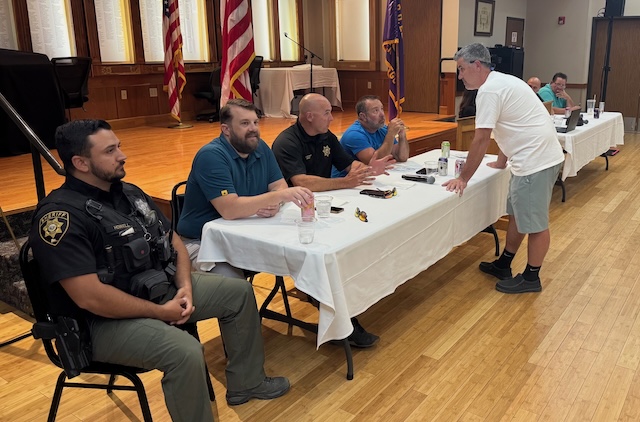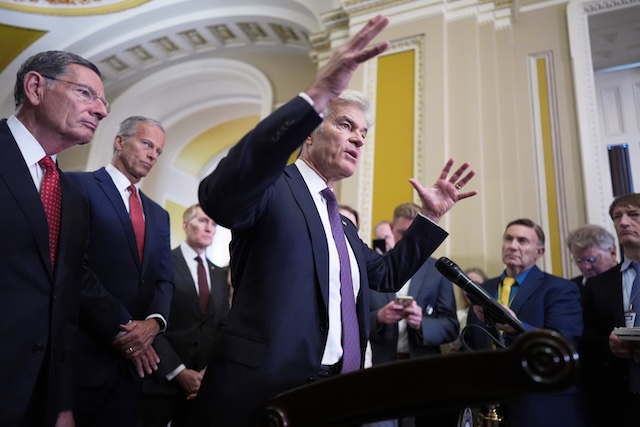Editorial: No money back for no in-person Oregon college
Published 9:37 am Wednesday, July 9, 2025

- The University of Oregon campus in Eugene. (AP)
Caine Smith was near the end of his senior year in 2020 at the University of Oregon when the COVID-19 pandemic hit.
The university announced on March 20, 2020 that classes for the spring quarter would be held remotely. Governor Kate Brown had issued an executive order prohibiting all Oregon universities from conducting in-person instruction.
Smith later filed suit, alleging that the university breached its contract to provide him with in-person education. He said the university charged him in full and he did not get what he would have normally.
Trending
Other Oregon college students filed related lawsuits. Many Oregonians felt ripped off directly or indirectly because of the changes and inconveniences of the pandemic. In-person anything is almost always better than remote anything. We wondered what became of Smith’s case.
The Oregon Court of Appeals recently affirmed the decision of the Lane County Circuit Court. Smith lost, for now at least.
Smith could have withdrawn from school with no financial or academic penalty by March 29, 2020. He continued. He paid his tuition after the change was announced. He attended classes. He graduated. He filed his lawsuit nine months after he graduated.
The university argued Smith agreed to modify any obligation to receive an in-person education by paying his tuition. It also pointed out that aspects of remote learning cost the university more to provide.
“As Oregon has long recognized, the ‘parties to a contract may modify that contract by mutual assent,’” the Oregon Court of Appeals wrote in its decision. “At no point did plaintiff manifest by word or deed that, in paying his tuition and in accepting the benefits of the remote education defendant offered, he was doing anything other than agreeing to modify defendant’s alleged contractual obligation to provide an in-person education.”
The case is, of course, more complicated than our terse summary.
We don’t dismiss that Smith felt like he lost something. It’s hard to argue the university was obligated, though, to act any differently than it did, during an awful time.








